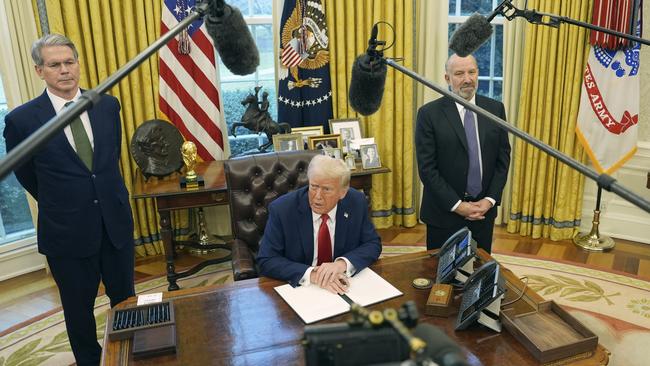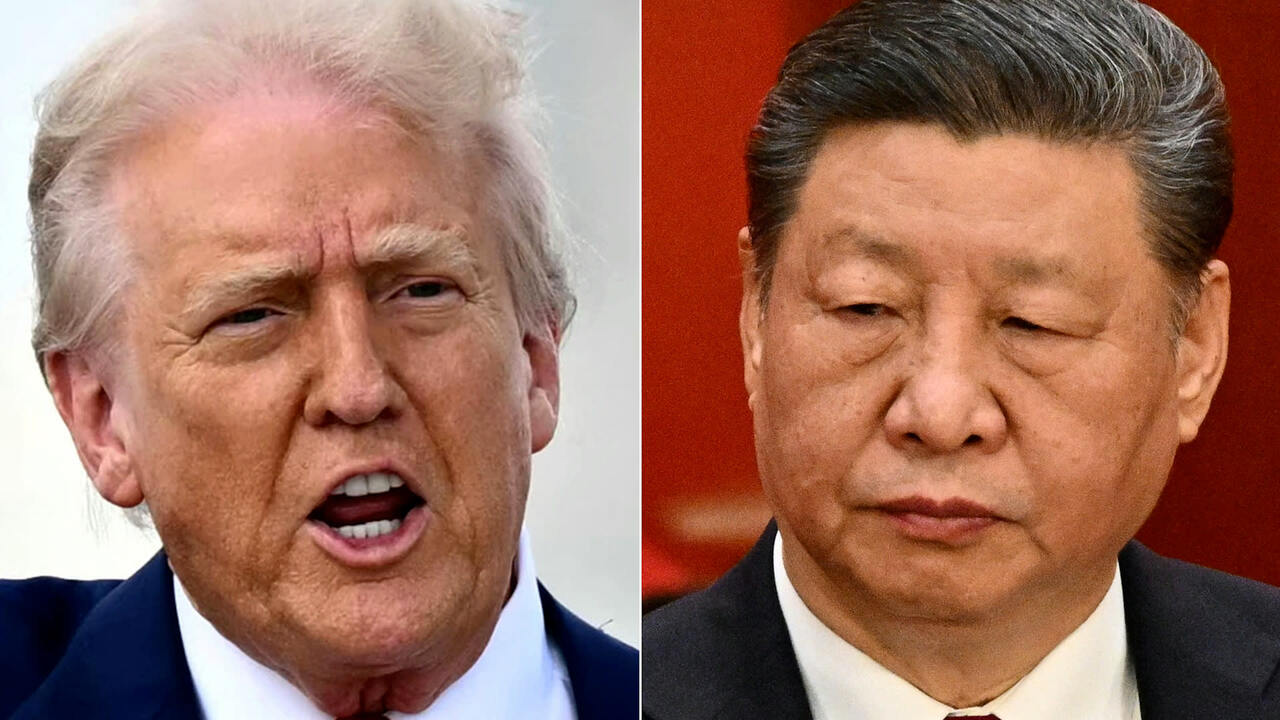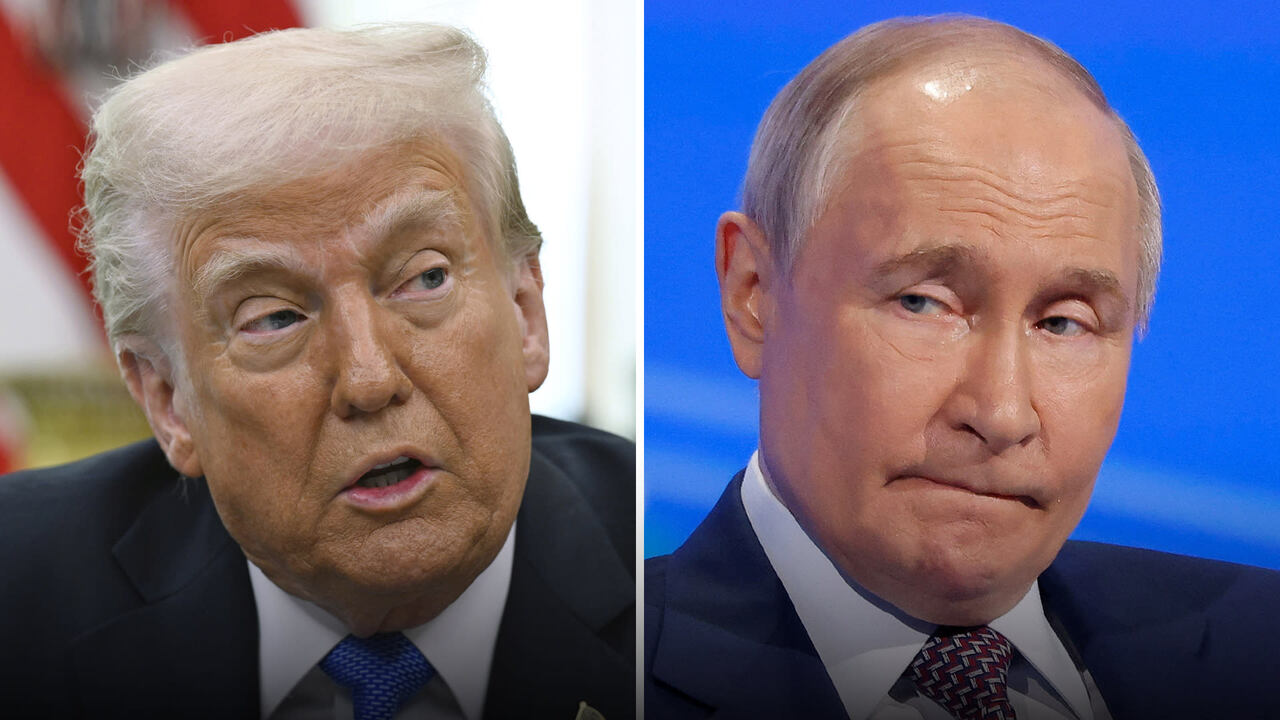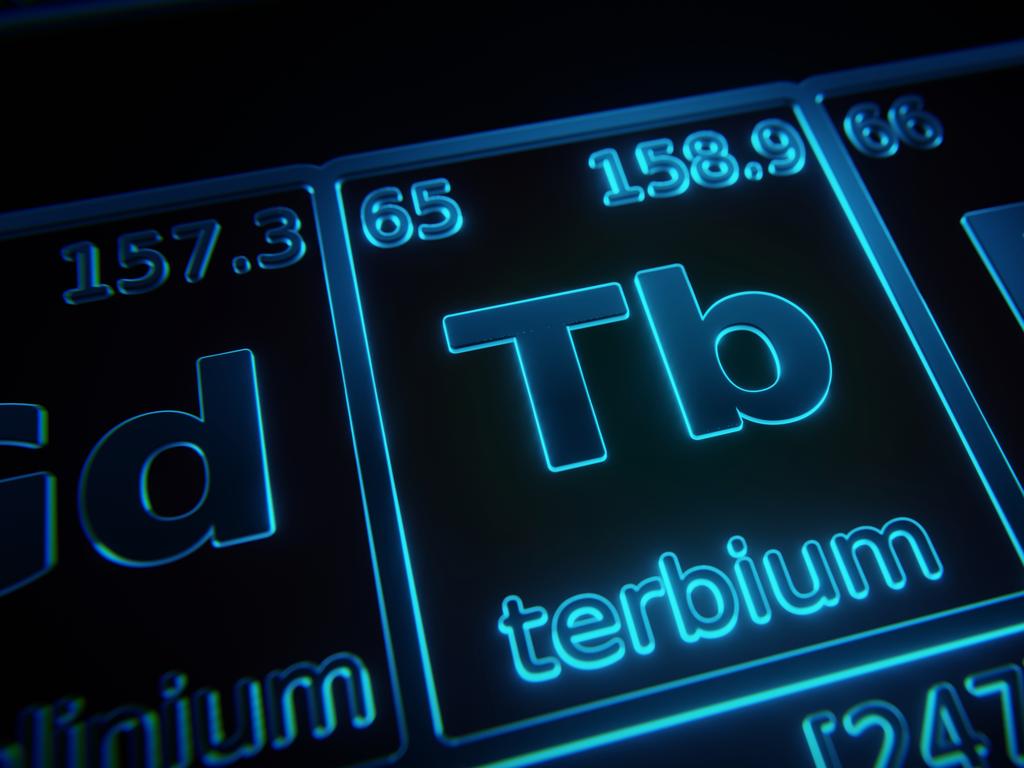
The person who is elected prime minister of Australia on May 3 will be able to deliver Donald Trump potentially the best news the US President has received since his inauguration.
Donald Trump went into a tariff war with China looking to gain a better trade deal, apparently not realising that the Chinese President had America in a stranglehold because Xi Jinping monopolises America’s supply of terbium, dysprosium and other heavy rare earths.
America’s defence, heavy industry, communications and any operation that requires heavy magnets and radar protection cannot function without these rare earths. Trump knows his back is to the wall, and his position is not made any better by the fact that US consumer sentiment is close to a record low and inflation expectations have climbed to their highest since 1981.
What our next prime minister can tell Trump is that in three to six months Australia might just be able to diminish his terbium and dysprosium problem.
The prime minister will need to emphasise that drilling, processing and recovery testing are still needed, but given the urgency, it can be fast-tracked.
Given there has been limited press reporting of a big discovery, President Trump may not be aware that our prime minister is the only world leader who might be able to break China’s stranglehold on the US.
At this stage a desperate Trump is crushing fluorescent globes to extract terbium.
After the congratulatory pleasantries, a theoretical conversation might go this way.
Australian PM: “Mr President, I understand you are desperate for heavy rare earths like terbium and dysprosium.
“It looks as though we may have discovered the biggest rare earth deposit in the world outside China.
“It’s an amazing story: although the deposit is owned by a small Australian company called Haoma, for nearly 20 years our largest miner, BHP, in joint venture, undertook significant drilling, searching for gold on the Haoma leases.
“No one knew anything about terbium, so BHP walked away, but Haoma stored all the cores in its disused underground goldmine. Recent testing has yielded amazing terbium results.”
Trump: “How quickly can you get me the terbium? I don’t want to put places like Times Square into darkness.”

Australian PM: “Some 80 per cent of Haoma is owned by the Morgan family, which operates Australia’s largest opinion poll group.
“I spoke to Gary Morgan last night and he says normally defining the Haoma’s Pilbara rare earth deposits and further upgrading the Bamboo Creek plant would take at least a year and possibly longer.
“I told him your need was urgent. If all stops were pulled out he can ship concentrate to the US in three to six months.
“Morgan said he must have a refinery ready to take Haoma’s concentrate for final processing and recovery. He will need $100m, so you will need to get our resources minister to talk to your people about that.”
Trump: “I will have that refinery ready.”
Australian PM: “There are a few other things I want to talk to you about ...”
While the above is obviously a fictitious conversation, the exciting early results are not fiction.
Meanwhile, it’s absolutely vital for Australia that if the PM is Anthony Albanese, he must not mention setting up a stockpile of terbium, dysprosium and iridium to deprive the US.
Given the US desperation, such a threat would trigger a Trump explosion that would make his Oval Office clash with Ukrainian President Volodymyr Zelensky seem minor.
Some years ago Haoma was removed from the ASX and shifted its listing to a private share trading hub (Ecosystem) operated through Primary Markets Ltd.
The latest announcement from Haoma couldn’t come at a better time for the Pilbara because the price of lower-grade iron ore has slumped, reflecting the tougher conditions in China.
The profits and cashflow of Gina Rinehart (Hancock) and Andrew Forrest (Fortescue) would have been hit.

Haoma’s heavy rare earth deposits centre on Bamboo Creek in Western Australia, where gold has been mined for 125 years.
WMC erected much of the mining plant at the time when Rio Tinto owned 50 per cent of the Bamboo Creek goldmining operation.
After Rio closed the Bamboo Creek mine, Haoma was reconstructed by Morgan and John Elliott, with WMC owning 5 per cent of Haoma.
When BHP acquired WMC in 2005 it owned the 5 per cent, and after about 10 years working with Haoma it sold its stake to Morgan.
At about the same time, former BHP director and now Orica chairman Malcolm Broomhead became Haoma’s second-largest shareholder.
BHP’s 20-year drilling program searched for gold deposits across Haoma’s Pilbara and Queensland tenements using experimental techniques to assay and extract complex gold ores.
Terbium, dysprosium and other heavy rare earths were not discovered at Haoma’s Bamboo Creek until 2019, when samples from the Bamboo Creek Valley were analysed at the University of Melbourne’s electron microscope scanning facility, with these results now transforming the value of Haoma’s Bamboo Creek area. When BHP pulled out, the Morgan family funded Haoma with about $100m to develop what is now known as the Elazac process to extract gold and other metals that are difficult to extract.
Today a plant is operating at Bamboo Creek which will be used in the first stage of recovering polymetallic concentrates of rare earths and precious metals.
A second plant, which is in pilot stage, will produce further upgraded concentrates to ship to the US.
Haoma directors say the company has made “a significant heavy rare earths and strategic metal discovery in the Pilbara”.
“There are available many millions of tonnes of ore containing significant quantities of terbium oxide, dysprosium oxide, and other heavy rare earth oxides, plus precious metals,” Haoma states.
“A terbium grade of plus 3000 grams per tonne, measured by XRF, from different large samples collected over Haoma’s Bamboo Creek tenements, is significantly higher than other Australian mines recovering heavy rare earth oxides.”
Both the US and Australia have a lot riding on Bamboo Creek’s future development and production.





